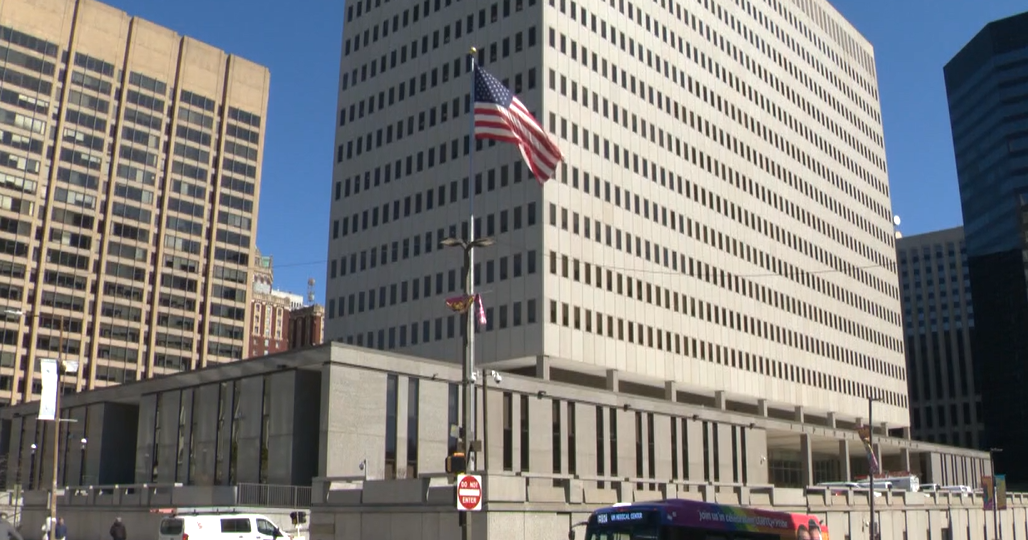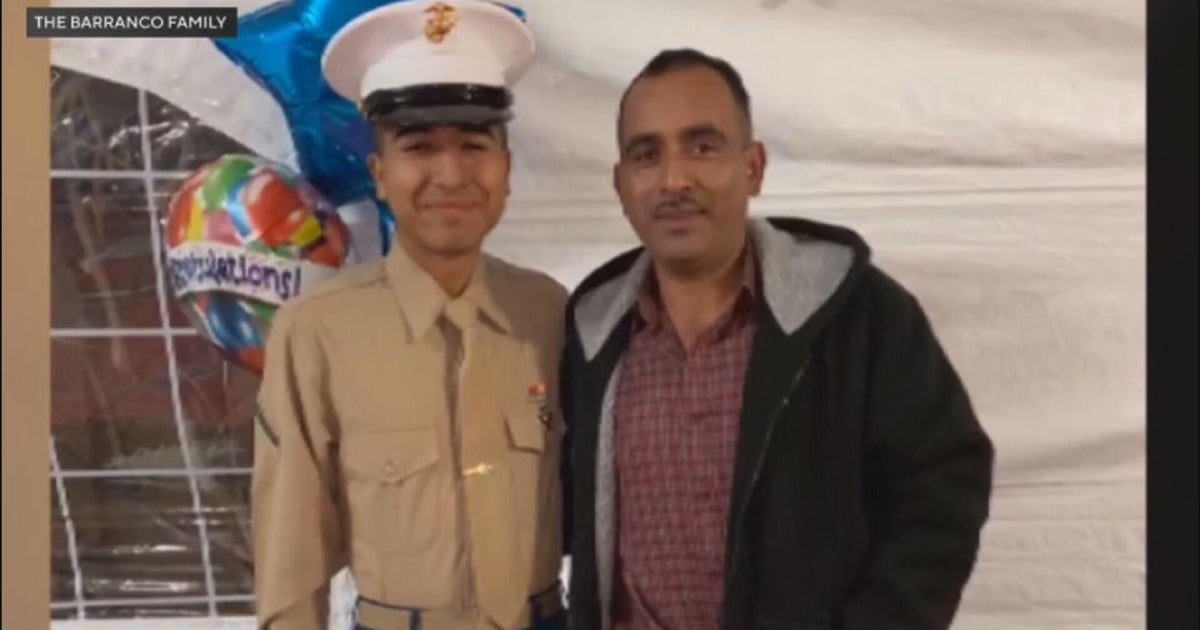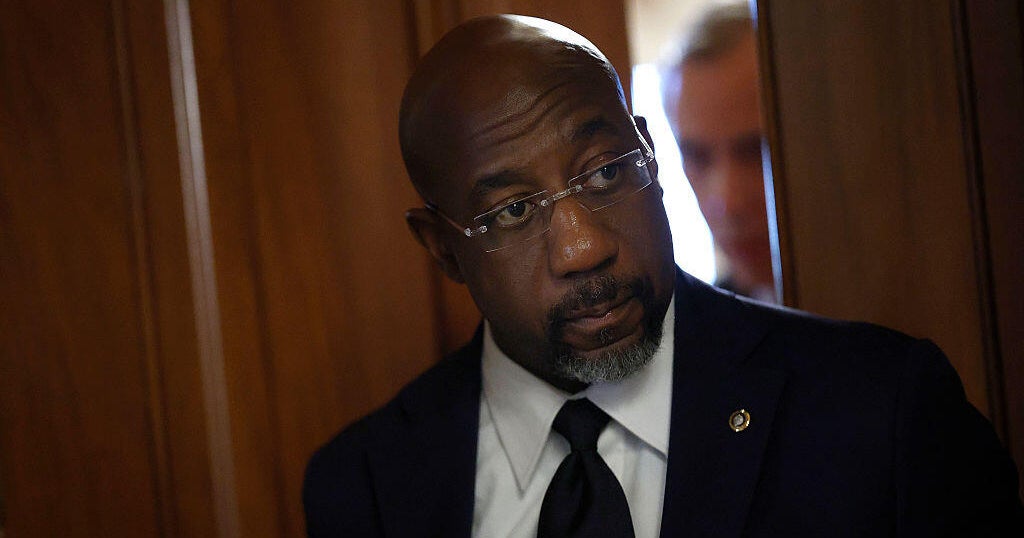Trump Administration Expands Immigration Enforcement, Targeting Bigger Pool Of People For Deportation
NEW YORK (CBSNewYork/AP) -- The Trump administration is greatly expanding the number of people living in the U.S. illegally who are considered a priority for deportation, including people arrested for traffic violations, according to agency documents released Tuesday.
The documents represent a sweeping rewrite of the nation's immigration enforcement priorities.
The Homeland Security Department memos, signed by Secretary John Kelly, lay out that any immigrant living in the United States illegally who has been charged or convicted of any crime -- and even those suspected of a crime -- will now be an enforcement priority. That could include people arrested for shop lifting or minor traffic offenses.
The memos eliminate far more narrow guidance issued under the Obama administration that focused resources strictly on immigrants who had been convicted of serious crimes, threats to national security and recent border crossers.
New York City Mayor Bill de Blasio fired back Tuesday night, saying "the president has chosen the politics of division over our nation's safety."
"We have been clear from the start that we will work with federal immigration authorities to remove individuals who are proven public safety threats in our City. What we will not do is turn our NYPD officers into immigration agents – or our jails into holding pens for deportation policy that will only undermine the inclusiveness that has helped make New York City the safest big city in the nation," his statement read in part.
Meanwhile, immigrants rights groups in New York City called the newly revised policy "appalling."
The city is home to an estimated 750,000 undocumented immigrants, WCBS 880's Mike Smeltz reported.
"The fear has shifted because now everybody is kind of a target," said Luba Cortez, from Make The Road New York. "Our community has now to hide and be afraid of the results of these draconian policy implementations that area going to happen."
The group advised immigrant families not to run or hide if ICE agents show up, because it gives the agents probable cause to enter their homes and make arrests.
Camille Mackler, from the New York Immigration Coalition, said Trump's shift in policy will further isolate undocumented immigrants, making it less likely they'll work with law enforcement, even when they are the victim of a crime.
"They're very broad in the net that they're casting and devastating in the implications," she told Smeltz. "They just see this as an all out war against them and their communities, and they think that anything they do now puts them at risk."
Kelly's memo also describes plans to enforce a long-standing but obscure provision of the U.S. Immigration and Nationality Act that allows the government to send some people caught illegally crossing the Mexican border back to Mexico, regardless of where they are from. One of the memos says that foreigners sent back to Mexico would wait for their U.S. deportation proceedings to be complete. This would be used for people who aren't considered a threat to cross the border illegally again, the memo said.
It's unclear whether the United States has the authority to force Mexico to accept foreigners. That provision is almost certain to face opposition from civil libertarians and officials in Mexico.
Historically, the government has been able to quickly repatriate Mexican nationals caught at the border but would detain and try to formally deport immigrants from other countries, routinely flying them to their home countries. In some cases, those deportations can take years as immigrants ask for asylum or otherwise fight their deportation in court.
The memos do not change U.S. immigration laws, but take a far harder line toward enforcement.
The pair of directives do not have any impact on President Barack Obama's program that has protected more than 750,000 young immigrants from deportation. The Deferred Action for Childhood Arrivals remains in place though immigrants in the program will be still be eligible for deportation if they commit a crime or otherwise are deemed to be a threat to public safety or national security, according to the department.
(TM and © Copyright 2017 CBS Radio Inc. and its relevant subsidiaries. CBS RADIO and EYE Logo TM and Copyright 2017 CBS Broadcasting Inc. Used under license. All Rights Reserved. This material may not be published, broadcast, rewritten, or redistributed. The Associated Press contributed to this report.)







